Director’s Loan Accounts (DLA) refer to the record of transactions between a company and its directors regarding money or assets. In the UK, it is essential for directors to understand how these accounts work and how they are treated for tax purposes. One specific aspect related to director’s loan accounts is Section 459 tax, which applies when a director’s loan is outstanding for a significant period.
Here’s an explainer on director’s loan accounts and their tax treatment, including Section 459 tax:
Director’s Loan Account (DLA)
- A DLA is a running record of financial transactions between a director and their company.
- Transactions can include advances made by the company to the director or personal expenses paid by the company on behalf of the director.
- It also covers repayments made by the director to the company.
Tax Treatment of Director’s Loan Accounts:
- If a director’s loan is outstanding at the end of the company’s accounting period, it may have tax implications for both the company and the director.
Tax Treatment for the Company:
- The company must report any outstanding loans made to directors as part of its annual accounts and corporation tax return.
- The loan amount is considered a “benefit in kind” and subject to tax under certain circumstances.
- If the loan exceeds £10,000, the company is required to pay Class 1A National Insurance contributions (NICs) on the loan amount at the prevailing rate.
Tax Treatment for the Director:
- If a director’s loan remains outstanding for more than nine months and one day after the end of the accounting period, additional tax implications arise.
Section 455 Tax
- Section 455 of the Income Tax (Trading and Other Income) Act 2005 imposes tax on outstanding loans to directors or participators (usually shareholders) in close companies.
- The tax, known as Section 455 tax, is calculated at a rate of 33.75% on the loan balance at the end of the accounting period.
- Section 455 tax is payable by the company, and the amount paid can be reclaimed once the loan is repaid.
- If the loan is repaid within nine months and one day after the accounting period-end, the Section 455 tax can be reclaimed.
Section 459 Tax
- Section 459 of the Companies Act 2006 allows creditors (including the company) to take legal action against a director who owes a significant amount to the company (such as an overdrawn DLA).
- Section 459 tax, also known as “transactions in defiance of creditors,” is a provision that imposes personal liability on directors for the company’s debts if they engage in certain actions that prejudice the creditors’ interests.
- If a director deliberately uses company funds for personal benefit or causes the company to incur debts without the intention of repaying them, they may be liable for Section 459 tax.
It’s crucial for directors and companies to maintain accurate records of DLA transactions, monitor outstanding loan amounts, and ensure compliance with tax obligations. Seeking advice from a qualified accountant or tax professional is recommended to navigate the complexities of director’s loan accounts, tax treatment, and any potential implications of Section 459 tax.
